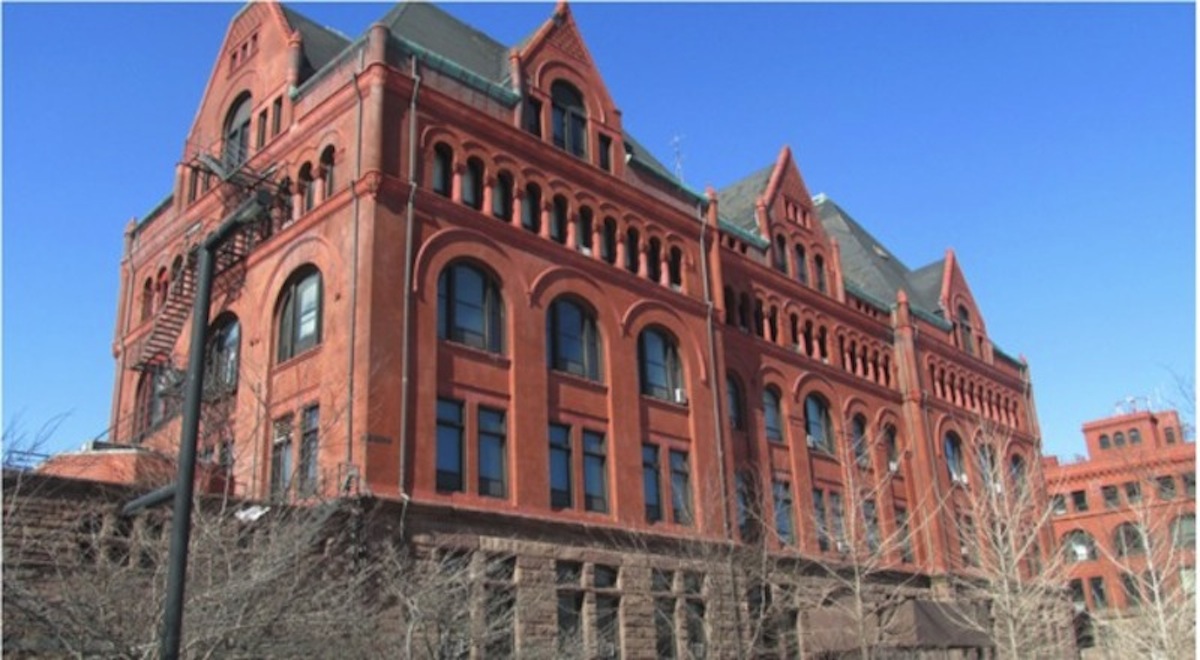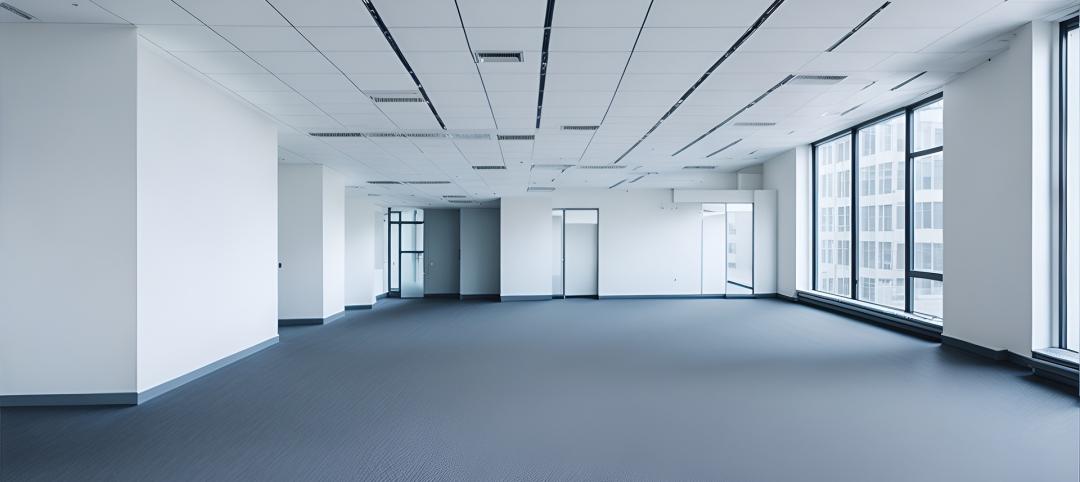Each year, Preservation Chicago publishes a list of the city buildings that are at the highest risk of being lost to demolition or decay. According to DNA Info, the organization unveiled its list on the 178th anniversary of Chicago's incorporation as a city.
"These are irreplaceable buildings that define our neighborhoods," said Ward Miller, Executive Director of Preservation Chicago.
The buildings named on the list are:
- The South Side Masonic Temple: Located at 6400 S. Green Street, the Masonic temple was built in 1921. Throughout its years, it served as a popular destination for fraternal meetings and community events in Englewood. The building features Egyptian, Moorish, and Art Deco influences.
- The Agudas Achim North Shore Synagogue: "The last great Chicago synagogue" is located at 5029 N. Kenmore Avenue and was built in 1922. It boasts Romanesque Revival, Art Deco, and Spanish influences. It's currently listed for sale and has worried Preservation Chicago that it may be demolished by developers.
- Clarendon Park Community Center: Uptown's local community center was built in 1916 for beachgoers. It sits at 4501 N. Clarendon Street and has fallen victim to water filtration and other building code issues.
- A. Finkl & Sons: The Lincoln Park steel plant is up for a major redevelopment, although Preservation Chicago is concerned the renovations may not include the historic buildings that are already standing on the riverfront.
- Illinois Institute of Technology: The Main Building at 3300 S. Federal Street was built in 1893 with funds from Chicago meatpacking baron Philip Armour. While the higher education institution has restored many other buildings designed by Ludwig Mies van der Rohe, this one has not and is being offered to developers.
- Pioneer Arcade: Once a 1920s bowling and billiards venue, the arcade at 1535 N. Pulaski Road has been empty since the mid-2000s. The building's facade is known as one of the city's best examples of 1920s Spanish colonial revival style and was designed by Jens Jensen. It's neighbor, the New Apollo Theater, also made Preservation Chicago's list.
- Neon signs: Located throughout the city, there are many old-school neon signs that bring back memories of how businesses approached advertising from the 1930s to the 1960s.
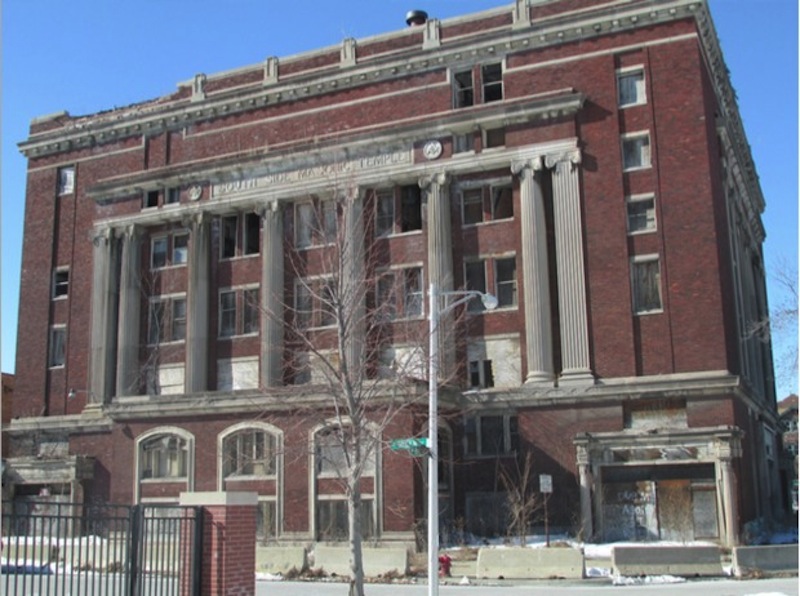 Englewood's South Side Masonic Temple
Englewood's South Side Masonic Temple
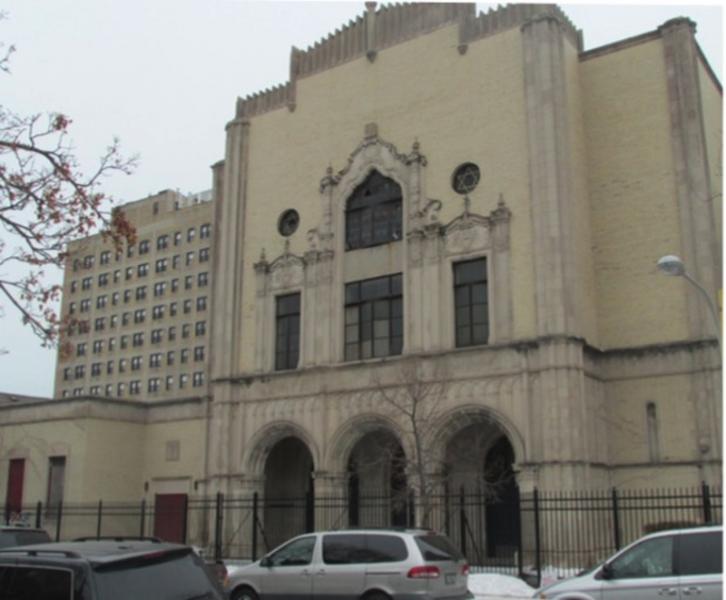 The Agudas Achim North Shore Synagogue on Kenmore Avenue
The Agudas Achim North Shore Synagogue on Kenmore Avenue
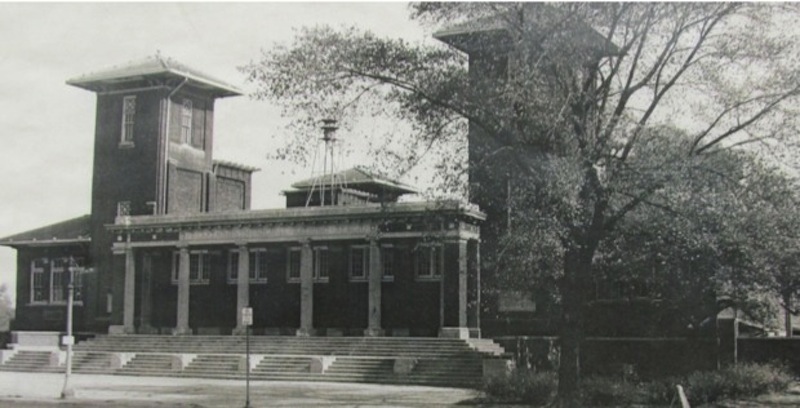 Clarendon Park Community Center in Uptown
Clarendon Park Community Center in Uptown
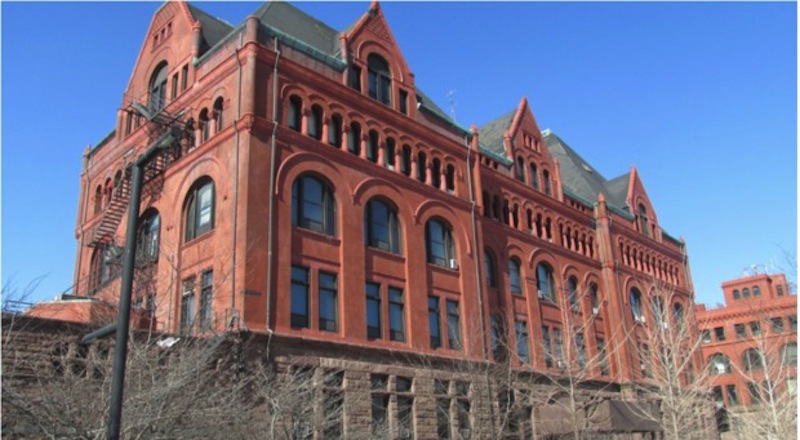 Illinois Institute of Technology
Illinois Institute of Technology
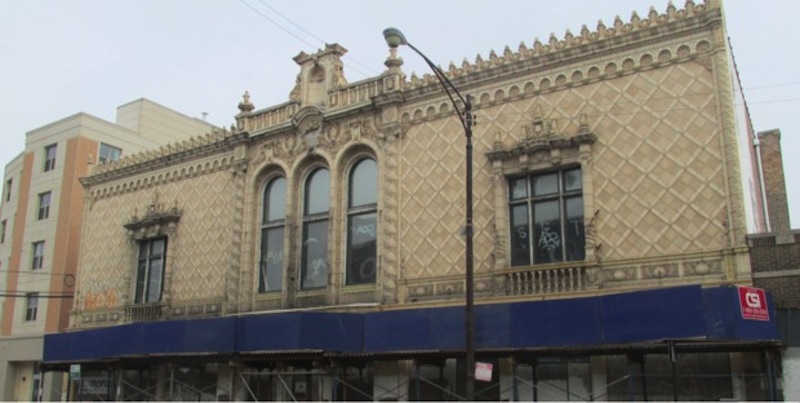 Pioneer Arcade at 1535 N. Pulaski Road
Pioneer Arcade at 1535 N. Pulaski Road
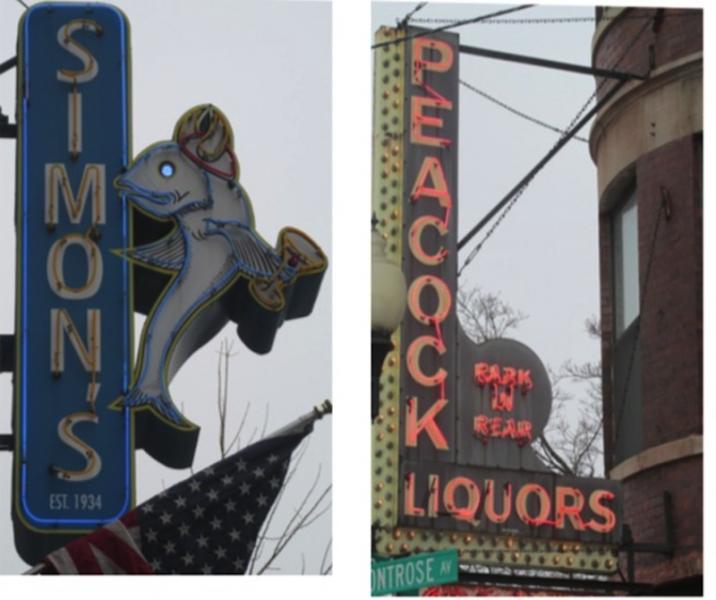 Some of Chicago's neon signs
Some of Chicago's neon signs
Related Stories
Libraries | Oct 30, 2024
Reasons to reinvent the Midcentury academic library
DLR Group's Interior Design Leader Gretchen Holy, Assoc. IIDA, shares the idea that a designer's responsibility to embrace a library’s history, respect its past, and create an environment that will serve student populations for the next 100 years.
Adaptive Reuse | Oct 22, 2024
Adaptive reuse project transforms 1840s-era mill building into rental housing
A recently opened multifamily property in Lawrence, Mass., is an adaptive reuse of an 1840s-era mill building. Stone Mill Lofts is one of the first all-electric mixed-income multifamily properties in Massachusetts. The all-electric building meets ambitious modern energy codes and stringent National Park Service historic preservation guidelines.
Brick and Masonry | Oct 7, 2024
A journey through masonry reclad litigation
This blog post by Walter P Moore's Mallory Buckley, RRO, PE, BECxP + CxA+BE, and Bob Hancock, MBA, JD, of Munsch Hardt Kopf & Harr PC, explains the importance of documentation, correspondence between parties, and supporting the claims for a Plaintiff-party, while facilitating continuous use of the facility, on construction litigation projects.
Adaptive Reuse | Sep 12, 2024
White paper on office-to-residential conversions released by IAPMO
IAPMO has published a new white paper titled “Adaptive Reuse: Converting Offices to Multi-Residential Family,” a comprehensive analysis of addressing housing shortages through the conversion of office spaces into residential units.
Codes and Standards | Sep 3, 2024
Atlanta aims to crack down on blighted properties with new tax
A new Atlanta law is intended to crack down on absentee landlords including commercial property owners and clean up neglected properties. The “Blight Tax” allows city officials to put levies on blighted property owners up to 25 times higher than current millage rates.
Resiliency | Sep 3, 2024
Phius introduces retrofit standard for more resilient buildings
Phius recently released, REVIVE 2024, a retrofit standard for more resilient buildings. The standard focuses on resilience against grid outages by ensuring structures remain habitable for at least a week during extreme weather events.
Adaptive Reuse | Aug 29, 2024
More than 1.2 billion sf of office space have strong potential for residential conversion
More than 1.2 billion sf of U.S. office space—14.8% of the nation’s total—have strong potential for conversion to residential use, according to real estate software and services firm Yardi. Yardi’s new Conversion Feasibility Index scores office buildings on their suitability for multifamily conversion.
Adaptive Reuse | Aug 22, 2024
6 key fire and life safety considerations for office-to-residential conversions
Office-to-residential conversions may be fraught with fire and life safety challenges, from egress requirements to fire protection system gaps. Here are six important considerations to consider.
Reconstruction & Renovation | Aug 19, 2024
Movement to protect historic buildings raises sharp criticism
While the movement to preserve historic buildings has widespread support, it also has some sharp critics with well-funded opposition groups springing up in recent years. Some opponents are linked to the Stand Together Foundation, founded and bankrolled by the Koch family’s conservative philanthropic organization, according to a column in Governing magazine.
Sustainability | Aug 14, 2024
World’s first TRUE Zero Waste for Construction-certified public project delivered in Calif.
The Contra Costa County Administration Building in Martinez, Calif., is the world’s first public project to achieve the zero-waste-focused TRUE Gold certification for construction. The TRUE Certification for Construction program, administered by Green Business Certification Inc. (GBCI), recognizes projects that achieve exceptional levels of waste reduction, reuse, and recycling.


